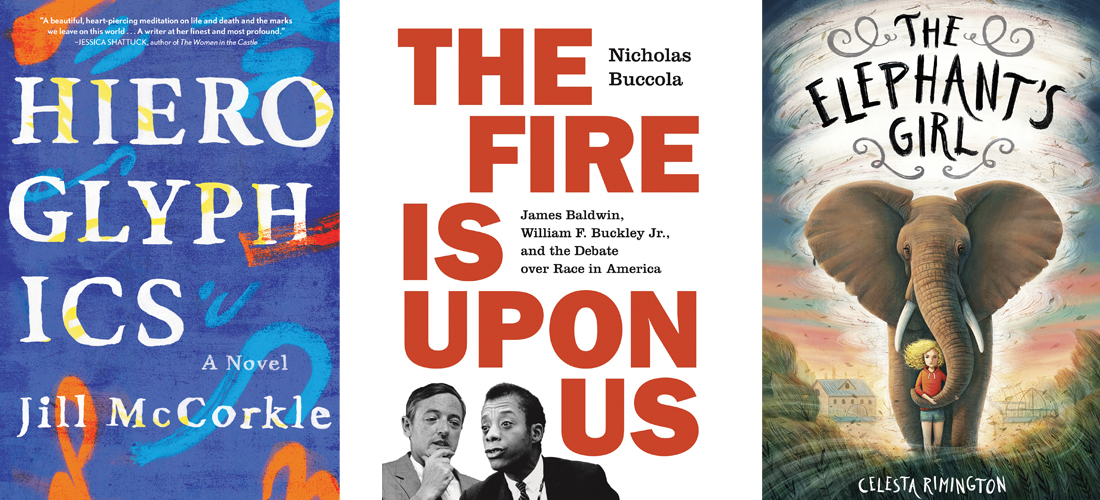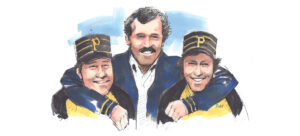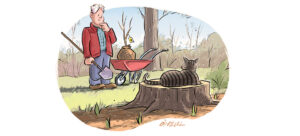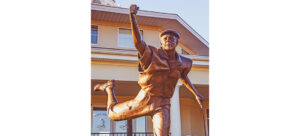
July Books
FICTION
Utopia Avenue, by David Mitchell
Utopia Avenue is the strangest British band you’ve never heard of. Emerging from London’s psychedelic scene in 1967, and fronted by folk singer Elf Holloway, blues bassist Dean Moss and guitar virtuoso Jasper de Zoet, Utopia Avenue embarked on a meteoric journey from the seedy clubs of SoHo, a TV debut on Top of the Pops, the cusp of chart success, glory in Amsterdam, prison in Rome, and a fateful American sojourn in the Chelsea Hotel, Laurel Canyon and San Francisco during the autumn of ‘68. Mitchell’s kaleidoscopic novel tells the unexpurgated story of Utopia Avenue’s turbulent life and times; of fame’s Faustian pact and stardom’s wobbly ladder; of the families we choose and the ones we don’t; of voices in the head, and the truths and lies they whisper; of music, madness and idealism. Can we really change the world, or does the world change us?
The Pull of the Stars, by Emma Donoghue
In an Ireland doubly ravaged by war and disease, nurse Julia Power works at an understaffed hospital in the city center, where expectant mothers who have come down with the terrible new flu are quarantined together. Into Julia’s regimented world step two outsiders: doctor Kathleen Lynn, a rumored rebel on the run from the police; and a young volunteer helper, Bridie Sweeney. In the darkness and intensity of this tiny ward these women change each other’s lives in unexpected ways. They lose patients to this baffling pandemic, but they also shepherd new life into a fearful world. With tireless tenderness and humanity, caregivers and mothers alike somehow do their impossible work.
Crossings, by Alex Landragin
There are two ways to approach this novel — read it straight through in a traditional manner, a tale told in three novellas; or skip around the entire work using the key given in the prologue. Either way, Crossings is a deliciously clever literary treat of love, suspense and historical fiction, combined with the paranormal ability of two separated lovers searching for one another throughout centuries and continents.
Hieroglyphics, by Jill McCorkle
The brilliance of Jill McCorkle is that her novels read as if you are enjoying a marvelous cup of coffee and conversation with a very dear friend. Hieroglyphics is told from the point of view of four people. Lil and Frank, an elderly couple from Boston recently moved to Southern Pines, North Carolina, are forever bound by the grief of having lost a parent tragically at a very young age. Shelley is a young mother fighting her past while raising her troubled child, Harvey, whose dark and vivid imaginings provide daily challenges. Above all, Hieroglyphics is about memories and remembering, loss of love and loved ones, preserving the past and what remains after we are gone. Written with poignancy and wry honesty, this is the work of a master at the top of her game.
The Book of Lost Names, by Kristin Harmel
Inspired by a true story, this historical novel centers around Eva Traube Abrams, a semi-retired librarian who, as a graduate student in 1942, fled Paris to a small mountain town where she forged papers to help Jewish children escape to Switzerland. Determined to find a way to keep track of the children’s real identities, she and a forger, Rémy, entered them in code in an 18th century religious text, one of many books looted by the Nazis during the war. When she sees a photograph containing the priceless volume, Eva knows only she holds the answers but it means revisiting old memories.
NONFICTION
Identity: The Demand for Dignity and the Politics of Resentment, by Francis Fukuyama
The New York Times bestselling author of The Origins of Political Order offers a provocative examination of modern identity politics: its origins, its effects, and what it means for domestic and international affairs of state. In 2014, Fukuyama wrote that American institutions were in decay, as the state was progressively captured by powerful interest groups. Two years later, his predictions were borne out by the rise to power of a series of political outsiders whose economic nationalism and authoritarian tendencies threatened to destabilize the international order. The universal recognition on which liberal democracy is based has been increasingly challenged by narrower forms of recognition based on nation, religion, sect, race, ethnicity, or gender, which have resulted in anti-immigrant populism, the upsurge of politicized Islam, the fractious “identity liberalism” of college campuses, and the emergence of white nationalism. Identity is an urgent and necessary book — a sharp warning that unless we forge a universal understanding of human dignity, we will doom ourselves to continuing conflict.
The Fire Is Upon Us: James Baldwin, William F. Buckley Jr., and the Debate over Race in America, by Nicholas Buccola
On February 18, 1965, an overflowing crowd packed the Cambridge Union in Cambridge, England, to witness a historic televised debate between James Baldwin, the leading literary voice of the civil rights movement, and William F. Buckley Jr., a fierce critic of the movement and America’s most influential conservative intellectual. The topic was “The American dream is at the expense of the American Negro,” and no one who has seen the debate can soon forget it. Nicholas Buccola’s The Fire Is Upon Us is the first book to tell the full story of the event, the radically different paths that led Baldwin and Buckley to it, and how the debate and the decades-long clash between the men illuminates the racial divide that haunts America today.
CHILDREN’S BOOKS
Together We Grow, by Susan Vaught
On a rainy, stormy night, the fox family is at first sent away from the crowded barn, but when the duck opens the door and invites them in, they are gracious and thankful. A sweet, lyrical story that reminds us, there’s always room to be kind to those in need. (Ages 3-5.)
Vinny Gets a Job, by Terry Brodner
When Vinny learns jobs are places to get food and toys, he decides he must have a job of his own. After hilarious, unsuccessful stints at his neighborhood Italian restaurant, flower shop and natural history museum, Vinny’s owner reminds him that he already has a very important job — to be a good dog. Laugh out loud fun for story time or any time. (Ages 3-6.)
Ronan the Librarian,
by Tara Luebbe and Becky Cattie
After discovering an unusual cache in his plunder, Ronan the Barbarian becomes Ronan the Librarian! With a little coercing and some pretty fantastic modeling, Ronan convinces his fellow pillagers that books can indeed be the greatest treasure. (Ages 4-6.)
The Elephant’s Girl,
by Celesta Rimington
Lex and Fisher are zoo kids. They both live in a Nebraska zoo — Fisher with his parents and Lex with her . . . well, with her Roger. After a tornado blew Lex into the zoo as a baby, she was protected by Nyah, an elephant, and then grew up in the care of Roger, the zoo’s train driver. Now, a strange new wind is blowing. It threatens everything important to Lex, and Nyah may just be the key to it all. Fans of Three Times Lucky, Circus Mirandus and Savvy will not be able to put down this clever, fun mystery about a girl, a friend, an elephant and a very special kind of family. (Ages 8-12.) PS
Compiled by Kimberly Daniels Taws and Angie Tally





